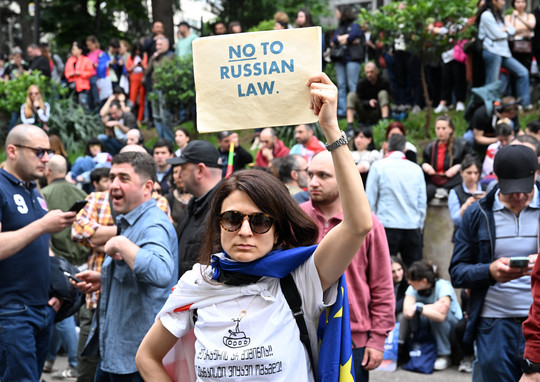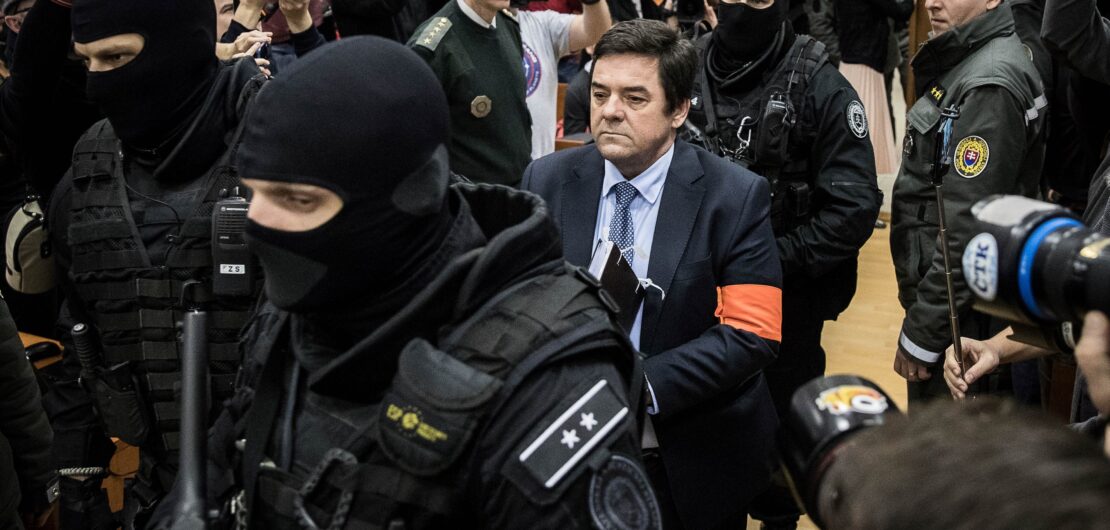
Greek Court Acquits Suspects in Murder of Investigative Journalist Giorgos Karaivaz
July 31, 2024
Colombian Journalists Face Death Threats After Reporting on Criminal Groups in Cauca and Valle
August 1, 2024August 01, 2024 – Georgia –
Georgia enacted a controversial Transparency of Foreign Influence law requiring media outlets and civil society organizations that receive over 20% of their funding from abroad to register as “foreign agents.” The International Federation of Journalists (IFJ) and its European counterpart (EFJ) immediately condemned the measure, warning it could be weaponized to criminalize independent journalism and civil society, and demanded its immediate and unconditional withdrawal.
The IFJ described the law as authoritarian, labeling it as a legal tool designed to stifle dissent, particularly targeting critics of the government under the guise of ‘transparency.’ They emphasized that this legislation marks an “unprecedented threat” to press freedom and democratic values in Georgia.
The law ignited widespread public fury. Massive protests took place in May–June 2024, with demonstrators accusing the Georgian Dream-led parliament of undermining its pro-European aspirations. Demonstrations rallied under banners denouncing “Russian-style” repression, as protestors gathered in the tens of thousands outside the Georgian parliament in Tbilisi.
Georgia’s government defended the law, claiming that it modeled its approach on the U.S. Foreign Agents Registration Act (FARA). However, critics highlighted a crucial divergence: unlike FARA, the Georgian law broadly targets NGOs and media, not only individuals, and lacks similar safeguards, raising concerns about its democratic legitimacy.
European institutions, including the Venice Commission, strongly criticized the bill, arguing it violates multiple articles of the European Convention on Human Rights and international covenants. They emphasized that the law was rushed through without adequate public consultation and urged its repeal.
Russia-style “foreign agent” laws have historically been used to suppress independent media. Russia and Hungary have enacted similar legislation to curtail dissenting voices, and experts warn Georgia’s law risks following this authoritarian trajectory.
The IFJ stresses that Georgia is at a political crossroads. By silencing foreign-funded media and NGOs, the country risks eroding pluralism, media independence, and ultimately its aspirations for EU and NATO integration. They urge Georgian lawmakers to withdraw the law immediately, safeguard democratic institutions, and reaffirm Georgia’s commitment to transparent, open, and free media.
Reference –
Georgia: Authoritarian “foreign agent” law must be withdrawn – IFJ




